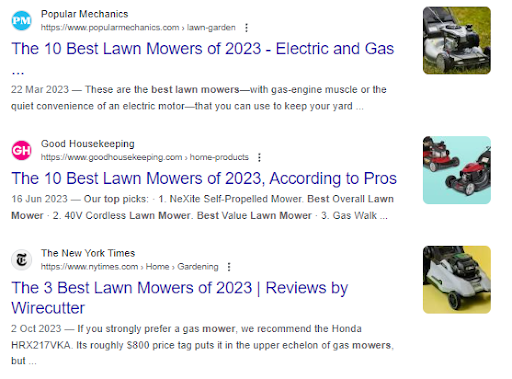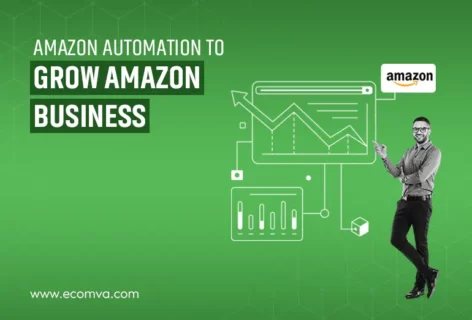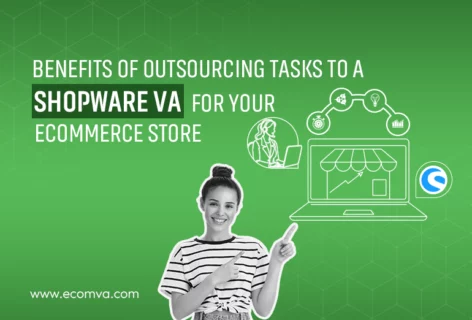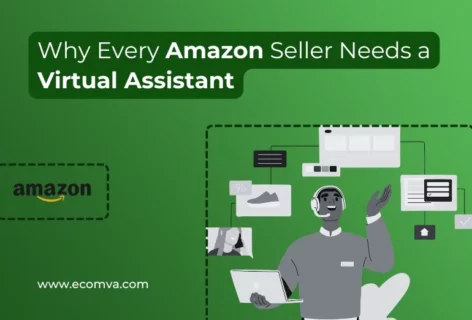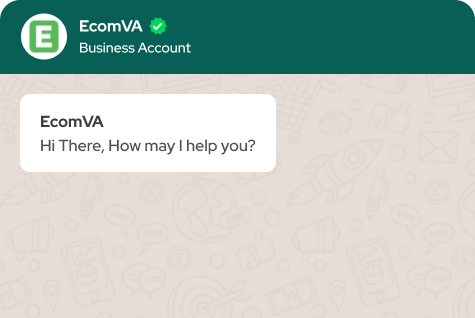How Will Link Building for E-commerce Websites Work In 2024 ?
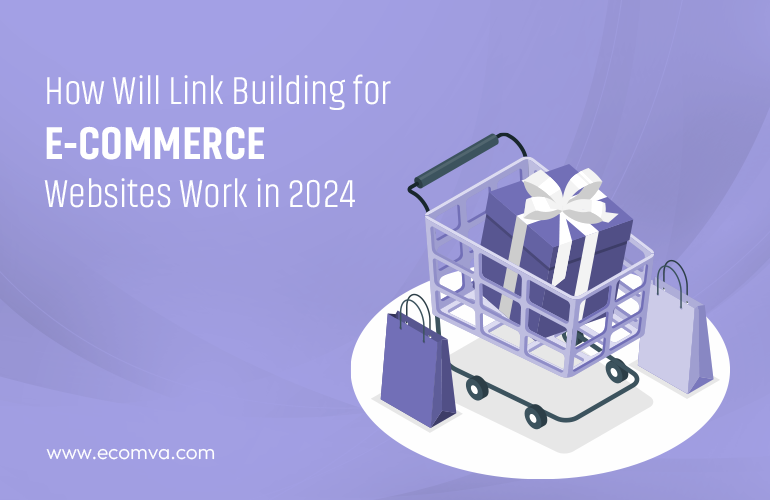
Link building is not as easy for e-commerce websites as it is for other businesses. After all, the majority of e-commerce brands don’t create long-form content. Bloggers often want to link to pages with informational content and not product pages that generate sales for e-commerce brands.
But does that mean e-commerce businesses cannot leverage link-building?
That’s not true.
In this blog, we’ll discuss what link-building for e-commerce is, why it is necessary, and list some practical link-building strategies you can leverage for your e-commerce store in 2024.
So, read in full.
What is Link Building for E-commerce Websites?
Link building is the process of getting other websites to link to your website. However, when you get backlinks for your e-commerce website, it is known as e-commerce link building.
Let’s suppose you have an e-commerce store where you sell men’s footwear. A popular footwear blogger discovers your product and decides to include it in his blog of top ten men’s footwear. The blogger also adds a link to that product on his website.
Now, the link that redirects users from the blogger’s website to yours is known as a backlink, and the process is known as link building. As the website in question is an e-commerce website, you can call it e-commerce link building.
But what’s the purpose of getting other websites to link to your e-commerce website?
Read along to find out.
Why is Link Building Necessary for E-commerce Brands?
E-commerce brands rely heavily on organic traffic for sales. Recent reports state that 43% of all e-commerce traffic comes from Google’s organic search.
However, to be able to drive organic traffic to your website and generate sales, you need to rank higher, right?
That’s when link-building comes into the picture. Google considers backlinks or link building to be one of the most crucial factors in determining which website to rank for what keywords.
When high-quality websites link to your e-commerce store, their link juice transfers to your website. This improves your credibility, authority, and trustworthiness in Google’s eyes. As a result, you get a higher SEO ranking, more organic traffic, and, thus, higher sales.
In a nutshell, more high-quality links pointing to your e-commerce website translate to higher chances of you outranking your competitors and reaching your potential customers.
6 Effective E-commerce Link-Building Strategies
Here are some practical e-commerce strategies you can leverage for your business in 2024:
Create Linkable Assets
One of the most effective methods for link building for e-commerce brands is creating linkable assets. A linkable asset can be anything from an informative blog, tutorial, testimonials, case studies, or e-book to infographics or even videos. The goal here is to create something valuable for your target audience.
You can see what types of blogs your competitors are posting and the keywords they’re ranking for.
Example 1:
Let’s say you sell gym equipment. Your target audience would be primarily gym enthusiasts and gym trainers. A valuable asset for your target audience could be a detailed blog listing the top 50 protein shake brands for youngsters.
Upon discovering your blog in the SERPs, your target audience (young gym enthusiasts or trainers) might want to share your blog or include a link in their blog. This way, you can get your backlinks. Also, if your blog comes across the protein brands you’re mentioning, they might as well link back to your website.
Pro Tip: A blog is just an example. You can create tools that recommend workouts based on people’s needs or informational how-to videos. However, you must ensure the assets are extremely valuable. Otherwise, you might fail to earn any backlinks.
Guest Posting
Guest posting is perhaps the most reliable method for link building for e-commerce websites. In this method, you need to identify relevant websites that accept guest posts in your niche. You can do that by searching for the below queries on Google:
- keyword “submit a guest post”
- keyword “guest post”
- keyword “guest post by”
- keyword “accepting guest posts”
- keyword “guest post guidelines”
Once you have the list of websites that accept guest posts, go through the guidelines and create high-quality guest posts. Most website owners would allow you to add a link within the guest post. However, make sure to be a little smart about it. Your link should come naturally and not look forced.
After you have your content ready, you can pitch your request via email. You may have to follow up a few times as the website owners don’t always reply. But once they do, you can get a high-quality backlink.
Unlinked Brand Mentions
Unlinked brand mentions are when websites use your brand name but don’t include a link back to your website. As these websites already use your brand’s name, they’ll be more than happy to add a backlink, improving the success rate of this method.
To identify what websites have mentioned your brand, you can use Ahrefs’ Content Explorer. Here’s what you need to do:
- Sign up on Ahrefs.
- Open Content Explorer.
- Enter your brand name in the search bar.
- Select the ‘highlight unlinked mentions’ option and add your website URL.
Doing this will give you a list of websites using your brand names. You can then approach them via email and politely ask for a link back to your website.
Pro Tip: Sign up for Google Alerts to get notified about new brand mentions. Whenever someone uses your brand name, you’ll get an email notification. You can check if they’ve linked to your website. And if they haven’t, you can approach the website owners with your request.
Resource Page Link Building
Resource pages are created with the purpose of listing valuable resources, such as tools or products related to a particular industry. Say you sell lawnmowers. A relevant resource page in your case would like:
You can visit the above resource pages and check if they mention your product. If not, you can request them to feature your product and add a link in return. The chances of getting a backlink, in this case, are higher as you’re adding fresh content to their page.
Pro Tip: Resource pages get hundreds or even more emails each day. When contacting these websites, craft a compelling email that grabs the reader’s attention. Also, you may have to follow up to get a response.
Niche Edits
In niche edits, you identify a relevant blog in your niche that already receives good organic traffic. Once you identify the blogs, you can offer the blog owner to update their content for free and add a link in exchange.
Example:
Let’s say you sell surfboards. Using a simple search, you’ll find several high-ranking blogs on topics such as “how to choose the right surfboard” or “how to learn surfboarding.” You can analyze these blogs and see how you can add value to them and integrate your link at the same time. For instance, you could add a new section and subtly recommend your surfboard within the blog and add a link to it.
Now, as you’re adding value to the publisher’s content, it’s likely they’ll agree to your request. And, as the blog is ranking already, this backlink will transfer almost instant value to your website.
Product Reviews
Another way of link building for e-commerce sites is via product reviews. In this method, you need to identify the top influencers, bloggers or experts in your industry who could review your product. Often, such individuals will review your product and publish it on their website with a link to your page.
However, you may have to incentivize differently based on the popularity and expertise of the person reviewing your product.
For instance, a small blogger may ask for a free product in exchange for a review and backlink. This might not work if you have a high-ticket product. A reputed influencer may ask for monetary compensation for adding a backlink. You can choose whatever option you find ideal and go ahead with it.
Final Thoughts
E-commerce is an extremely competitive space. You can find new e-commerce websites popping up every other day, making it hard for new players to rank their websites and drive organic traffic. However, if you follow the practical link-building strategies in this blog, you can stand out.
Link building for e-commerce can make your SEO strategy more powerful and bring the results your competitors desire. Just consistently follow the link-building strategies mentioned in this blog and take your e-commerce business to the next level in 2024.
FAQs
What is the best link-building strategy for e-commerce sites?
There’s no one-size-fits-all approach for link building for e-commerce. You need to try out multiple strategies, compare the results, and implement the one that brings the best ROI.
However, guest posting is one strategy that seems to work for all industries. By signing up with a guest post marketplace, you can buy high-quality guest posts and build as many links for your e-commerce business as you want. And the best part is that this method doesn’t violate Google’s SEO guidelines.
Do e-commerce sites need backlinks?
Yes, every e-commerce website needs backlinks. Backlinks help build authority and credibility in Google’s eyes, improve your SEO ranking, drive organic traffic, and generate more revenue. So, any e-commerce website looking for the above benefits needs to do link-building.
Is e-commerce link-building complex?
Yes, e-commerce link-building is a little more complex than other industries. And the primary reason behind that is you won’t find many websites wanting to link to product pages. However, you can still find plenty of link-building techniques that can benefit your e-commerce business, as mentioned in this blog.
